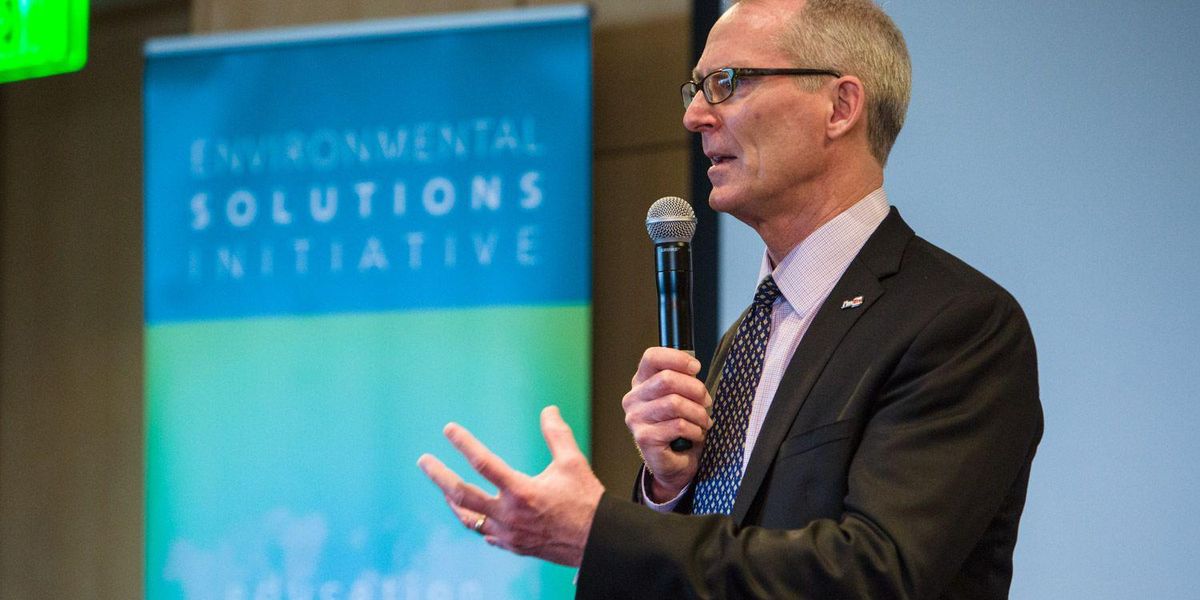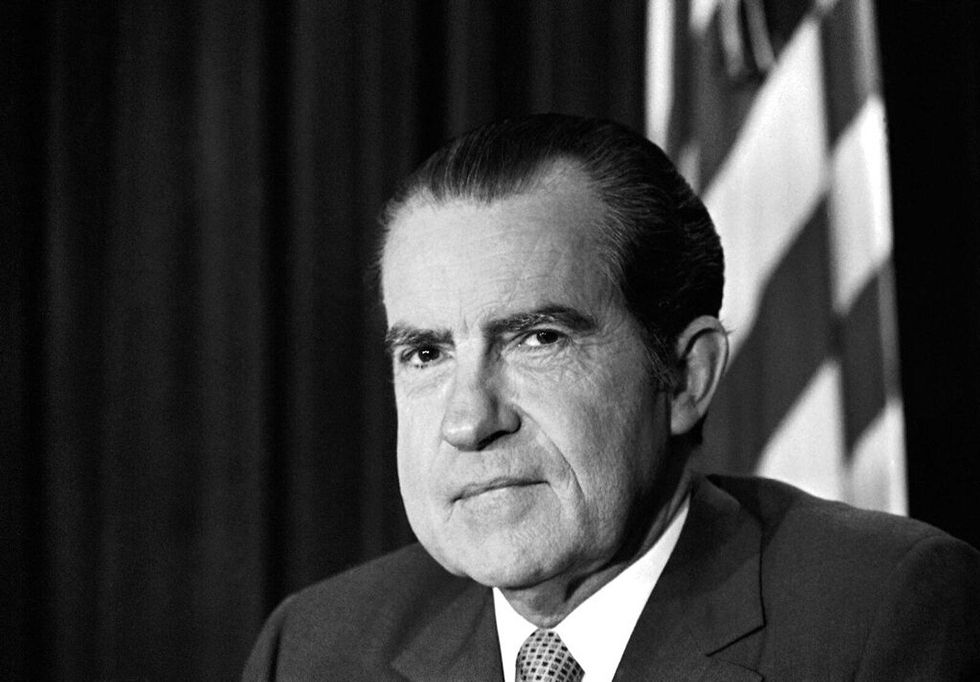
Peter Dykstra: Jurassic politics
Are office-holding Republicans with strong environmental credentials an extinct species?
Let’s imagine, for just a second, we’re talking environmental politics, but in a Jurassic Park framework.
First, take some genetic material from an extinct species: office-holding Republicans with strong environmental credentials. Then rebuild the species over time, using the green DNA of Republicans past, like former Congressmen Sherwood Boehlert or Bob Inglis.
The Green Hornet
Boehlert was a 12-term Congressman from upstate New York. Dubbed “The Green Hornet,” he led the effort to blunt his fellow Republicans’ anti-regulatory efforts after the Contract With America captured Congress in the 1994 elections.
When the Clean Air Act was strengthened in 1990-91, he led the charge. The new Clean Air provisions were key to turning the tide on acid rain.
Boehlert also teamed with then-Senator Joe Biden in bi-partisan efforts to save Amtrak. He retired from Congress in 2007 but remained a strong pro-environment voice in retirement. Sherwood Boehlert died last September.
Bob Inglis
Inglis represented South Carolina's 4th congressional district from 1993 to 1999 and again from 2005 to 2011. He was a latecomer to environmental issues, racking up a lackluster 26% lifetime score with the League of Conservation Voters (LCV).
He later embraced climate change as an issue that his constituents in coastal “Low Country” South Carolina might respond to. No such luck. In his seventh campaign, Inglis faced a host of GOP challengers. The eventual winner was a local prosecutor, Trey Gowdy. Gowdy’s main distinction in a brief congressional career was his dogged pursuit of Hillary Clinton in the Benghazi affair.
The two GOP green giants

Richard Nixon fathered the Environmental Protection Agency and National Oceanic and Atmospheric Administration and signed into law the Endangered Species Act and Clean Air Act. (Credit: manhhai/flickr)
Much is often made of the two Presidents – both Republicans – whose environmental accomplishments outpace all others from both parties. Teddy Roosevelt championed National Parks, the Forest Service, and the Fish and Wildlife Service.
And that Ol’ Treehugger Richard Nixon fathered the Environmental Protection Agency and National Oceanic and Atmospheric Administration and signed into law the Endangered Species Act and Clean Air Act, among others.
But it took another Republican giant, Ronald Reagan, to put today’s conundrum into perspective. In his 1984 State of the Union: “Preservation of our environment is not a liberal or conservative challenge, it's common sense.”
Well, okay, Reagan’s scandal-plagued EPA and Interior Dept. bosses might suggest that common sense had not yet arrived. But it would be a sad improvement if Mr. Reagan’s GOP heirs couldn’t even get back to false platitudes about the environment.
"Not some distant crisis"
I asked Tiernan Sittenfeld, LCV’s Senior VP of Government Affairs, about the prospects for Republicans waking up to smell the carbon.
“They’re not there. Hope springs eternal,” she responded. “This is not some distant crisis.”
Is there a Great Green Hope on the horizon?
Miami-area Congressman Carlos Curbelo briefly emerged as co-Chair of the Congressional Climate Caucus. Then he lost his re-election bid in 2018.
And, of course, it’s a stretch to assume the Democrats speak with one voice on climate. West Virginia Senator Joe Manchin—perhaps you’ve heard of him—is still poised to defend his home-state coal industry.
Peter Dykstra is our weekend editor and columnist and can be reached at pdykstra@ehn.org or @pdykstra.
His views do not necessarily represent those of Environmental Health News, The Daily Climate, or publisher Environmental Health Sciences.
Banner photo: Former U.S. Congressman Bob Inglis (R-SC) in 2017. (Credit: MIT)


 U.S. Steel's Clairton Coke Works.Credit: Mark Dixon/flickr
U.S. Steel's Clairton Coke Works.Credit: Mark Dixon/flickr










